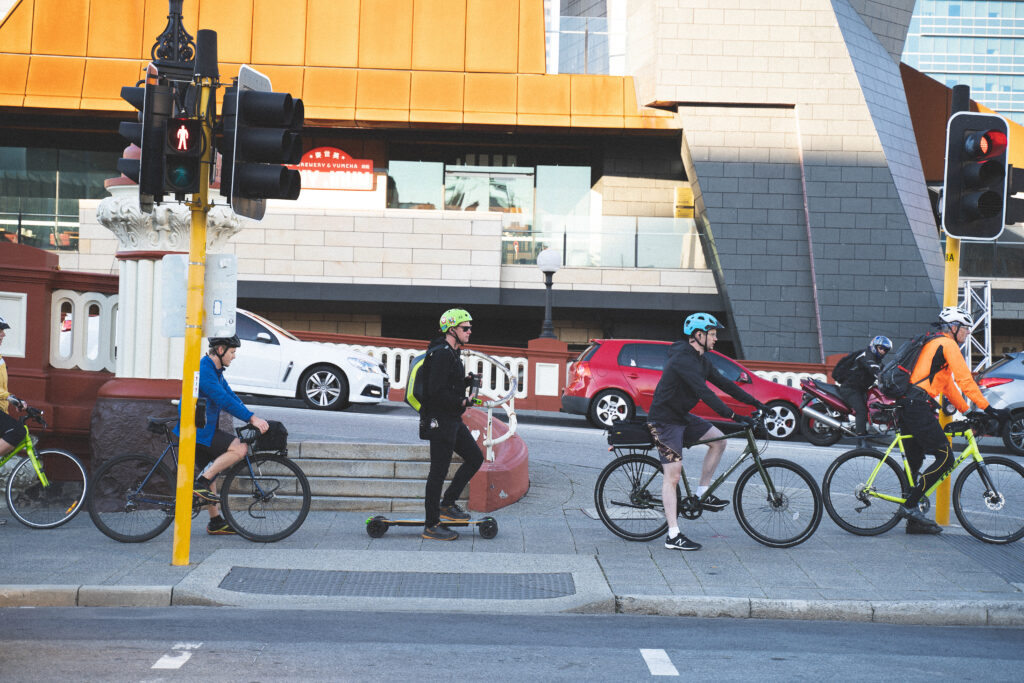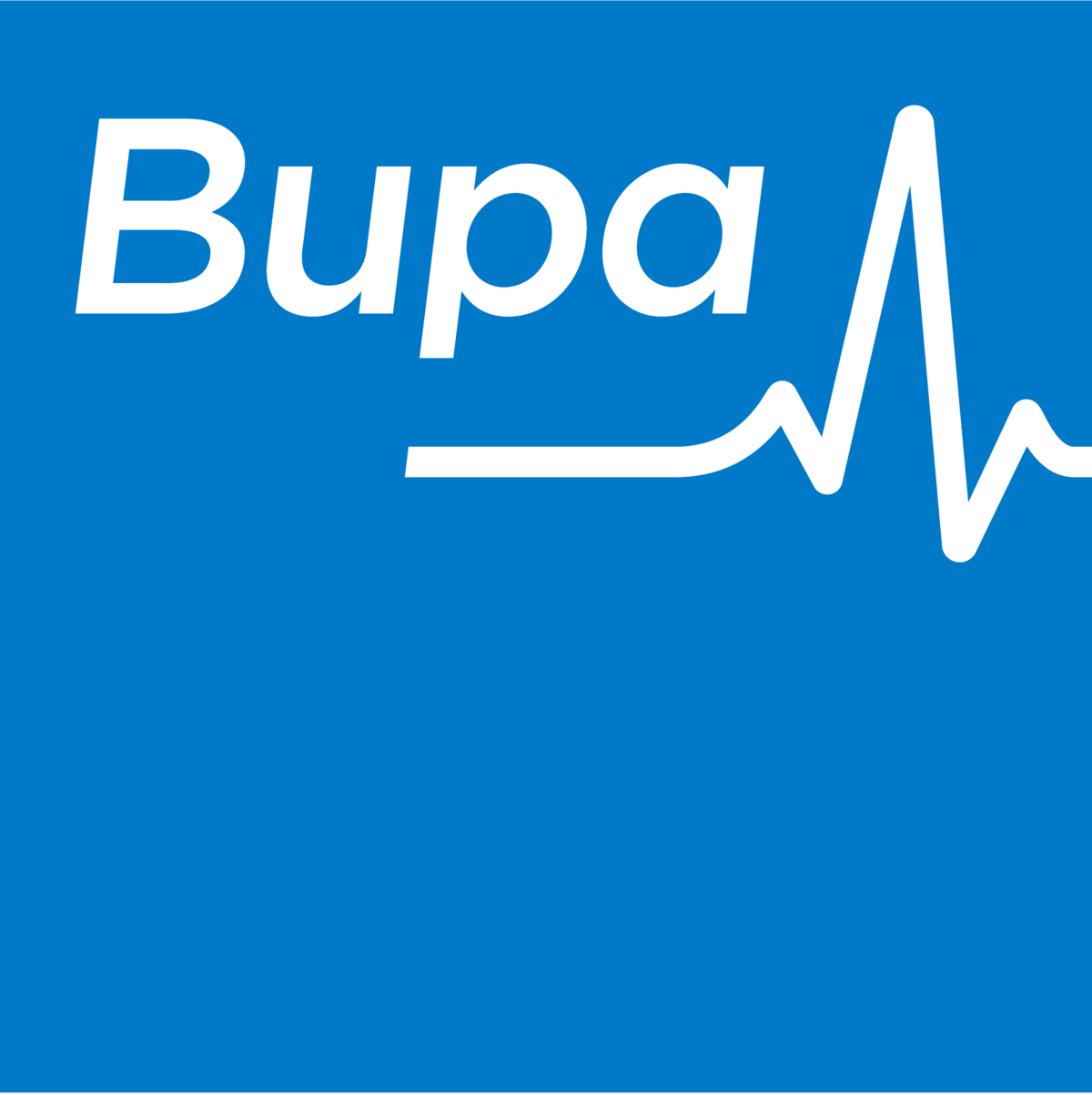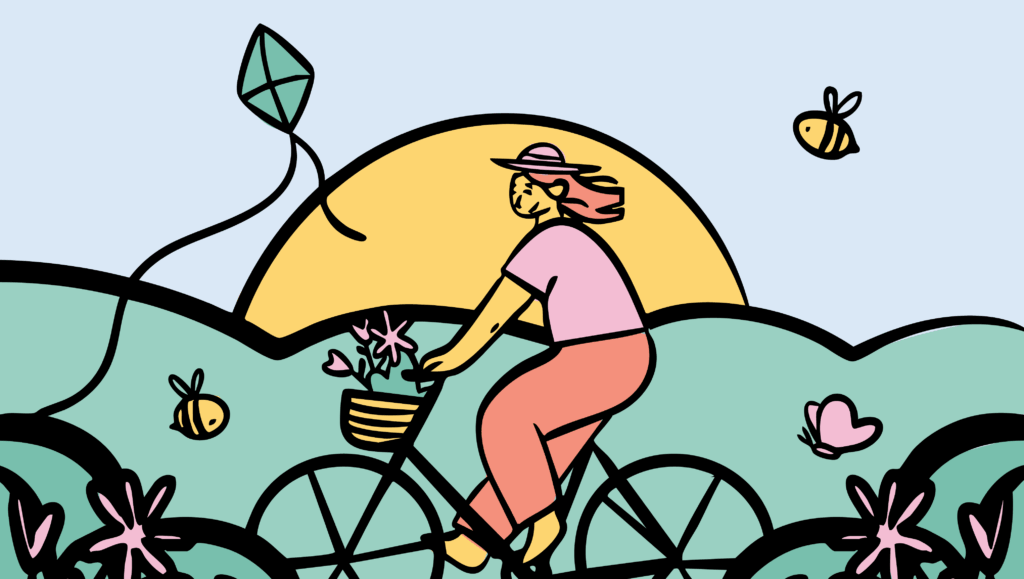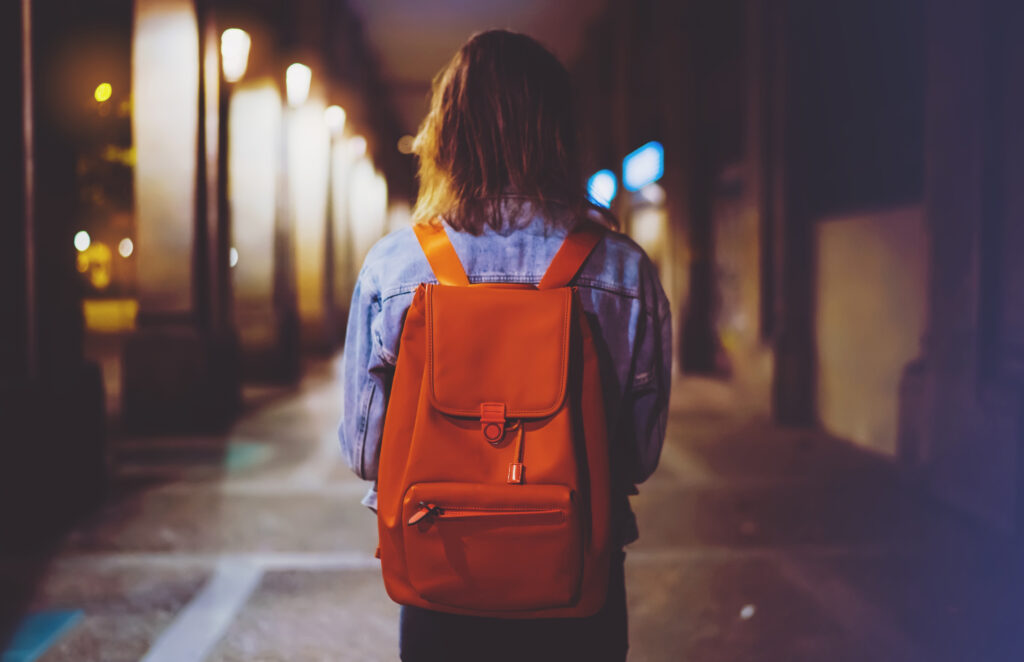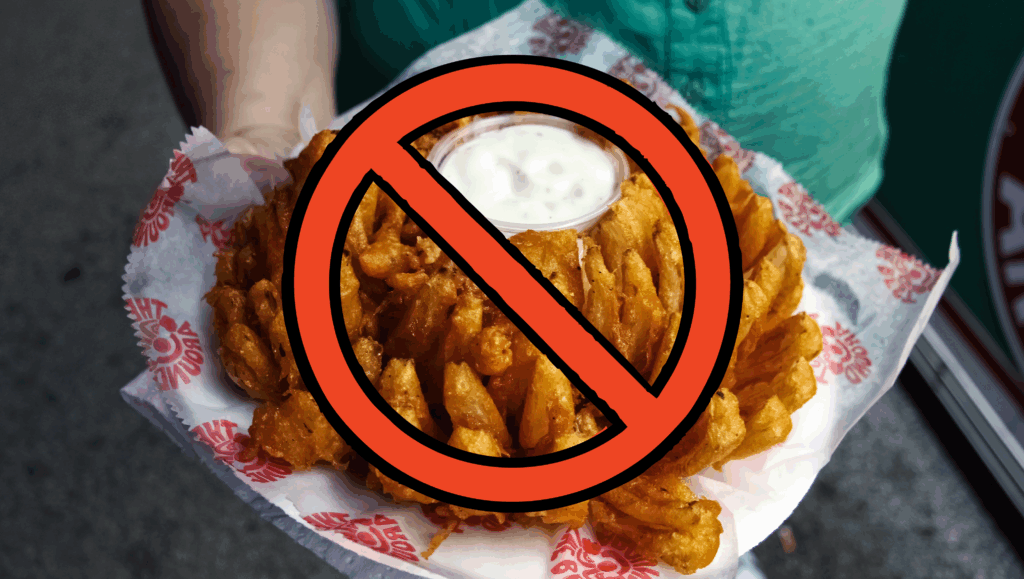Fun, cheap and eco-friendly – cycling is a popular way to get around for Australia’s international student community.
From buying a bike to understanding the road rules, here’s everything you need to know to ensure a smooth and safe cycling experience.
Getting a bike in Australia
Choosing your bike
Consider your needs: What is your budget? Where do you live and where will you be riding to? How will you store your bike?
Traditional vs. e-bike: If you want a leisurely ride, have physical limitations or plan to cover long distances, an e-bike is a good option, but keep in mind they come with a higher price tag. If you’re on a budget or want to prioritise fitness, then a traditional bike is perfect.
New vs. used: This one will depend on your budget and how long you plan to use your bike. Websites like Gumtree and Facebook Marketplace have loads of second-hand options – but always take precautions when shopping online and ensure you’re buying from a valid seller. Some bike shops may also offer recycling schemes where you can buy used bikes.
Try before you buy: Ask a bike-riding friend or contact a student advisor about a cycling society at your university as there may be opportunities to borrow a bike and test whether it would be a good investment for you before buying one.
Important extras
These are non-negotiable – it is illegal to ride a bike in Australia without them (and most importantly, they keep you safe):
Helmet: It will need to sit snugly on your head; if you can fit more than two fingers under the chin strap or across your forehead, it’s too loose.
Reflectors: Your bike will need to be fitted with a white light on the front and a red light on the back for cycling at night or in bad weather conditions.
Make some noise: A working horn or bell needs to be attached and accessible.
There are also a few recommended essentials:
A splash of colour: Wearing bright clothing isn’t a legal requirement, but it will make you stand out to drivers on the road. You can also purchase reflective cycling clothes to improve your visibility to others.
Lock it in: If you plan to keep your bike outside, invest in a bike lock.
Cycling in Australia
Australian cycling laws
Each state and territory has slightly different rules; check out our comprehensive breakdown here. As a general guide, cyclists must follow the same rules as drivers. The below laws are standard no matter where you are:
- You should use the marked bike lane (unless it is impracticable to do so)
- You must not ride more than two people side-by-side, and no more than 1.5 metres apart
- You must not hold on to another vehicle while it’s driving
- You must have working brakes
- You must have always at least one hand on the handlebar
- You cannot lead an animal while riding
Do I need a license for an e-bike?
No, you don’t. Currently, in Australia, e-bikes are not required to be registered nor do riders need to be licensed to ride them.
Where can I cycle?
- The Bicycle Network has a huge range of maps and guides for you to check out.
- Google Maps is simple to use – map out your start and end points and select the bike icon to give you the best cycling route.
Unique encounters
Swooping season: For most of the year, Australians and magpies live in harmony; but in spring, nesting season (a.k.a. swooping season) takes place. Magpie Alert has a great map you can use to avoid problem areas, so you don’t end up like this kid.
Big fines for no helmets: If you’re caught without a helmet while cycling, you will have to pay a big fine. The cost varies in each state and territory, but it simply isn’t worth the risk.
Cycling support and resources
Be prepared
Even if you’re cycling for recreation or as a means of transport, it’s still exercise, so it’s important to prepare your body appropriately. Make sure that you stay well hydrated and carry water with you. Having a snack or two, such as fruit or a muesli bar, is also a good idea. A high-carbohydrate meal two to four hours before a ride is a great way to ensure your energy levels are high before getting on your bike.
Reach out to your institution
University support: Many Australian universities offer bike-related services, including free repairs, maintenance workshops, and on-campus pumps. Check with your institution to see what resources are available to you.
Clubs and societies: Joining a local cycling club or society can provide additional support and a sense of community. Clubs often organise group rides, offer advice, and advocate for better cycling infrastructure.
What steps do I take if I’m in an accident?
In an emergency: An emergency is an illness or injury that has an immediate risk to your life or long-term wellbeing and requires urgent attention. Call 000 in a medical emergency or if you’ve been in an accident. An ambulance will be sent if you need it.
In a non-emergency: Illnesses or injuries that are not life-threatening are known as non-emergencies and can be treated by a doctor or general practitioner (GP).
Health cover: International students are required to have Overseas Student Health Cover (OSHC). Contact your OSHC provider for guidance and follow their procedures for reporting accidents.
For example, if you were in a cycling accident, Bupa’s OSHC would cover emergency ambulance services and on-the-spot treatments by recognised providers1. Bupa OSHC members also have access to 24/7 online video calls with Blua2, or see a GP in person at your nearest Bupa-friendly doctor3. The doctor will treat you or, if needed, refer you for assessments like X-rays or blood tests or to a specialist.
Legal assistance: If you need legal advice or support, there are services available to help in each state and territory.
1If claimable from another source, a benefit won’t be paid by Bupa. Fund and policy rules apply.
2Fund and policy rules apply. Yearly limits apply to Essential Lite Visitors cover, but these limits will be waived (only in relation to Blua consultations) until further notice. 100% of the cost will only be covered for Blua consults. Members will only be able to book general consultations via Blua. Consultations with specialists cannot be booked via Blua. Members who are under 18 years old may need to attend the consultation with a parent or guardian. Service provided by a third-party partner. Members’ preferred language may not be available 24/7.
3For services included on your cover. Yearly limits, waiting periods, policy and fund rules apply.

